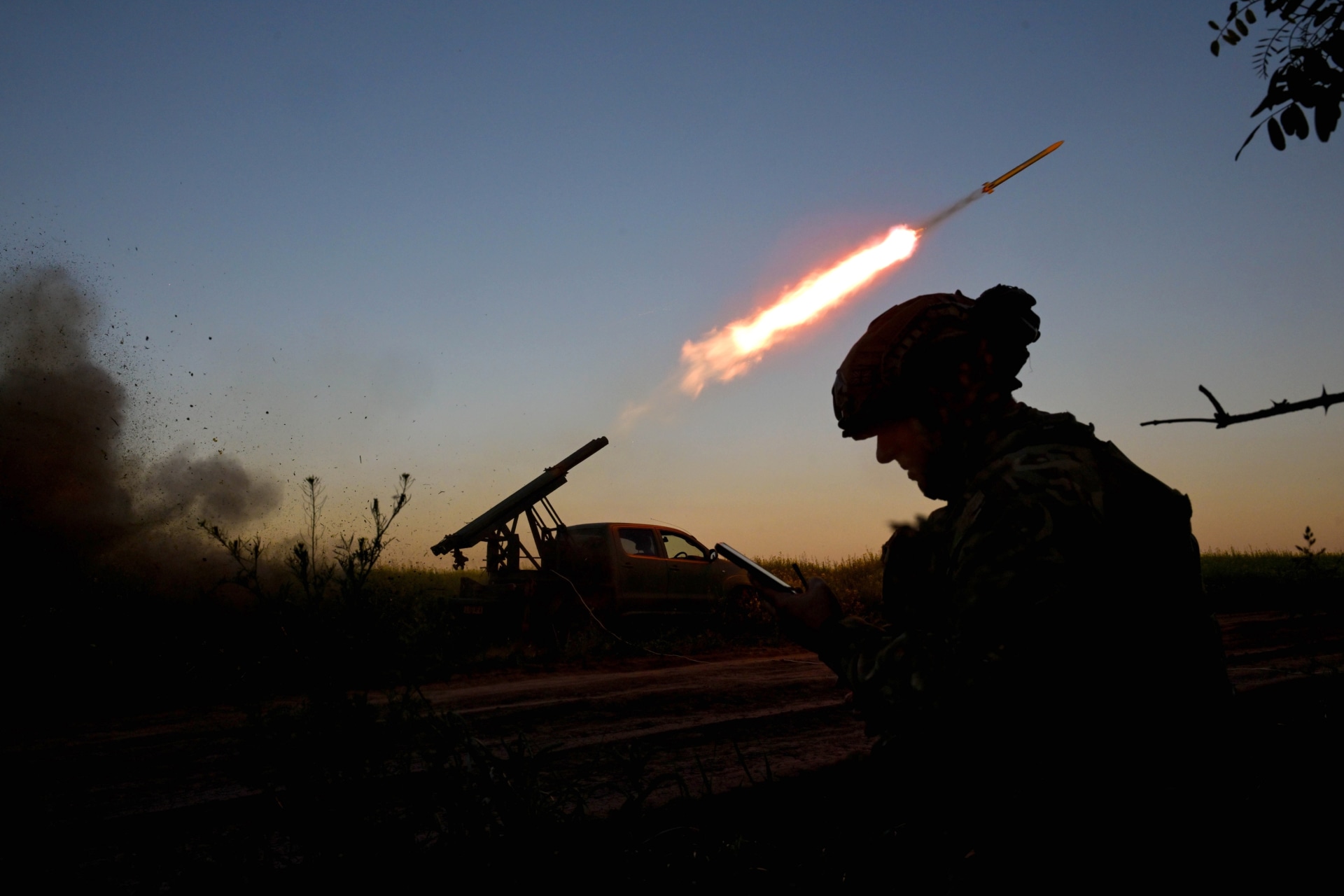Saudi Arabia in the New Middle East
BY
- F. Gregory Gause IIIProfessor and chair of political science department, University of Vermont, Professor of Political Science, University of Vermont
The United States‘ relationship with Saudi Arabia has been one of the cornerstones of U.S. policy in the Middle East for decades. Despite their substantial differences in history, culture, and governance, the two countries have generally agreed on important political and economic issues and have often relied on each other to secure mutual aims. The 1990-91 Gulf War is perhaps the most obvious example, but their ongoing cooperation on maintaining regional stability, moderating the global oil market, and pursuing terrorists should not be downplayed.
Yet for all the relationship’s importance, it is increasingly imperiled by mistrust and misunderstanding. One major question is Saudi Arabia’s stability. In this Council Special Report, sponsored by the Center for Preventive Action, F. Gregory Gause III first explores the foundations of Riyadh’s present stability and potential sources of future unrest. It is difficult not to notice that Saudi Arabia avoided significant upheaval during the political uprisings that swept the Middle East in 2011, despite sharing many of the social and economic problems of Egypt, Yemen, and Libya. But unlike their counterparts in Cairo, Sanaa, and Tripoli, Riyadh’s leadership was able to maintain order in large part by increasing public spending on housing and salaries, relying on loyal and well-equipped security forces, and utilizing its extensive patronage networks. The divisions within the political opposition also helped the government’s cause.
This is not to say that Gause believes that the stability of the House of Saud is assured. He points out that the top heirs to the throne are elderly and the potential for disorderly squabbling may increase as a new generation enters the line of succession. Moreover, the population is growing quickly, and there is little reason to believe that oil will forever be able to buy social tranquility. Perhaps most important, Gause argues, the leadership’s response to the 2011 uprisings did little to forestall future crises; an opportunity for manageable political reform was mostly lost.
Turning to the regional situation, Gause finds it no less complex. Saudi Arabia has wielded considerable influence with its neighbors through its vast oil reserves, its quiet financial and political support for allies, and the ideological influence of salafism, the austere interpretation of Islam that is perhaps Riyadh’s most controversial export. For all its wealth and religious influence, however, Saudi Arabia’s recent record has been less than successful. It was unable to counter Iranian influence in post-Saddam Iraq, it could not prevent Hezbollah taking power in Lebanon, and its ongoing efforts to reconcile Hamas and the Palestinian Authority have come to naught.
The U.S.-Saudi relationship has, unsurprisingly, been affected by these and other challenges, including Saudi unhappiness with Washington’s decision to distance itself from Egyptian president Hosni Mubarak, the lack of progress on the Israeli-Palestinian peace process, and Iran. For its part, the United States is unhappy with the Saudi intervention in Bahrain and Saudi support for radical Islamists around the region and the world. The two traditional anchors of the U.S.-Saudi relationship—the Cold War and U.S. operation of Riyadh’s oil fields—are, Gause notes, no longer factors. It is no wonder, he contends, that the relationship is strained when problems are myriad and the old foundations of the informal alliance are gone.
It would be far better, Gause argues, to acknowledge that the two countries can no longer expect to act in close concert under such conditions. He recommends that the United States reimagine the relationship as simply transactional, based on cooperation when interests—rather than habit—dictate. Prioritizing those interests will therefore be critical. Rather than pressuring Riyadh for domestic political reform, or asking it to reduce global oil prices, Gause recommends that the United States spend its political capital where it really matters: on maintaining regional security, dismantling terrorist networks, and preventing the proliferation of nuclear weapons.
There have been few relationships more important to the United States than that with Saudi Arabia, and it is vital that, as it enters a new phase, the expectations and priorities of both countries are clear. In Saudi Arabia in the New Middle East, Gause effectively assesses the challenges and opportunities facing Saudi Arabia and makes a compelling argument for a more modest, businesslike relationship between Washington and Riyadh that better reflects modern realities. As the United States begins reassessing its commitments in the Greater Middle East, this report offers a clear vision for a more limited—but perhaps more appropriate and sustainable—future partnership.t





